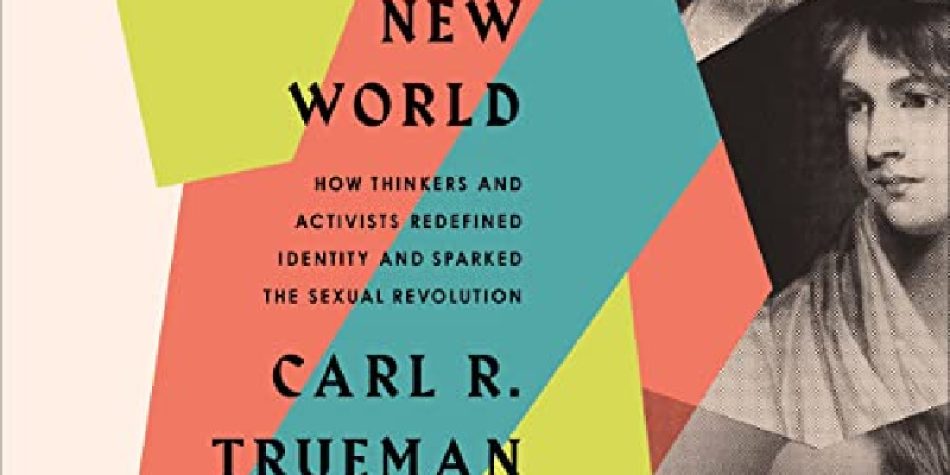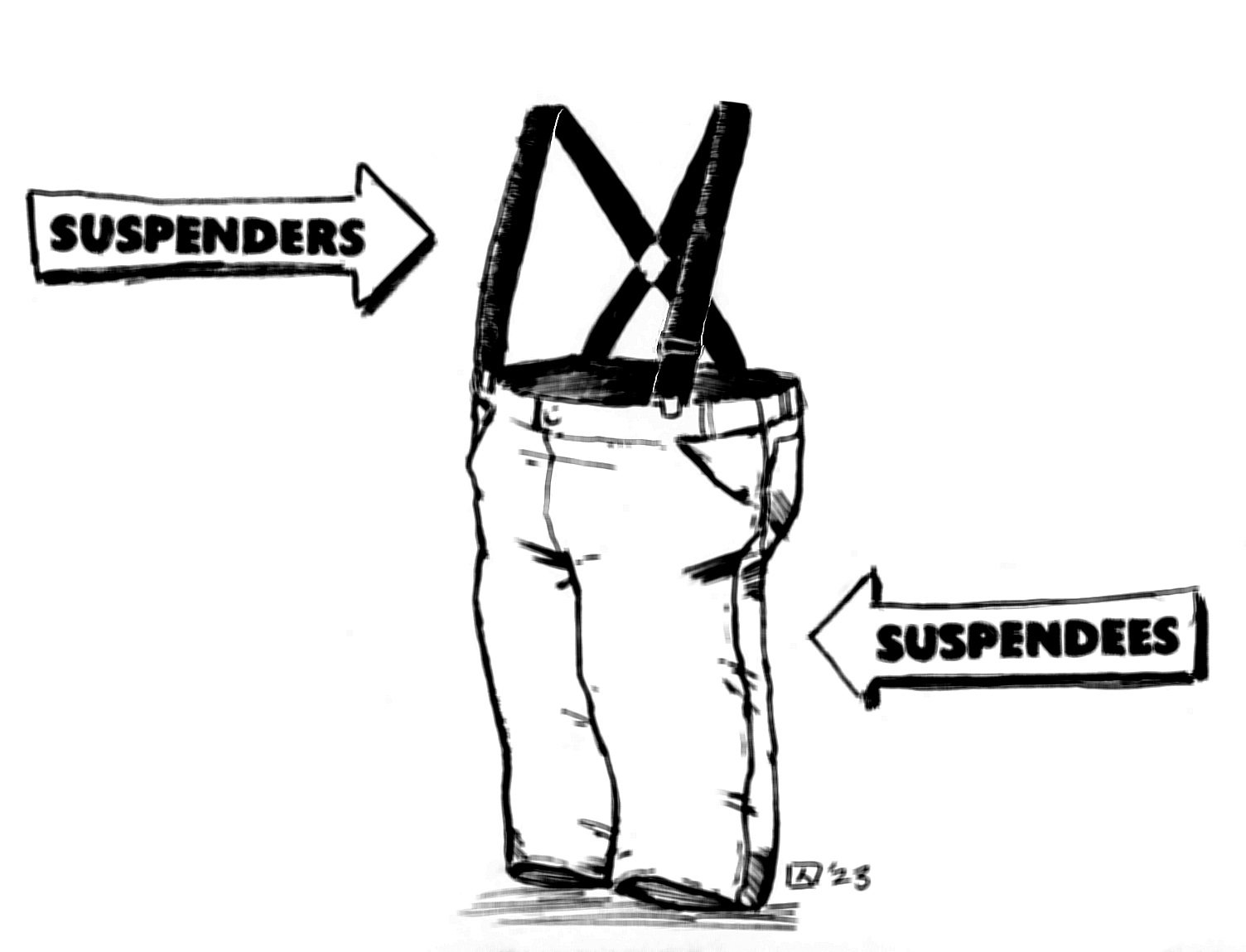Many of us are familiar with books and movies whose plots revolve around central characters finding themselves trapped in a world where nothing behaves in quite the way they expect.…Yet this phenomenon is no longer confined to the fictional products of our day. For many people, the Western world in which we now live has a profoundly confusing, and often disturbing, quality to it. Things once regarded as obvious and unassailable virtues have in recent years been subject to vigorous criticism and even in some cases come to be seen by many as more akin to vices. Indeed, it can seem as if things that almost everybody believed as unquestioned orthodoxy the day before yesterday—that marriage is to be between one man and one woman, for example—are now regarded as heresies advocated only by the dangerous, lunatic fringe.
Nor are the problems confined to the world “out there.” Often, they manifest themselves most acutely and most painfully within families. Parents teaching their family traditional views of sex find themselves met with incomprehension by their children who have absorbed far different views from the culture around them.… The result is often confusion and sometimes even heartbreak as many of the most brutal engagements in the culture war are played out around the dinner table and at family gatherings.
Welcome to this strange new world. You may not like it. But it is where you live, and therefore it is important that you try to understand it.
The heart of the confusion. Part of the confusion is caused by the fact that so many areas of our lives and the world seem to be in flux that there seems very little that is solid or constant by which we can navigate the apparent chaos around us. Yet it is my conviction that there is something that helps to unify the changes we are witnessing and to make them, if not entirely explicable, at least less random than we might be tempted to think. This is the notion of the self.… Things that almost everybody believed as unquestioned orthodoxy the day before yesterday…are now regarded as heresies advocated only by the dangerous, lunatic fringe.
My conviction is that the normative self of today—the typical way in which we each think of our identity—is one who answers those last three questions in the affirmative. The modern self assumes the authority of inner feelings and sees authenticity as defined by the ability to give social expression to the same. The modern self also assumes that society at large will recognize and affirm this behavior. Such a self is defined by what is called expressive individualism.
The term “expressive individualism” was coined by the American scholar Robert Bellah, who defines it as follows: Expressive individualism holds that each person has a unique core of feeling and intuition that should unfold or be expressed if individuality is to be realized. Canadian philosopher Charles Taylor, too, sees this expressive individualism as the normative modern notion of selfhood in the West. He specifically connects it to what he dubs “the culture of ‘authenticity,’” which he describes as follows:
[The culture of authenticity is one where] each one of us has his/her own way of realizing our humanity, and that it is important to find and live out one’s own, as against surrendering to conformity with a model imposed on us from outside, by society, or the previous generation, or religious or political authority.
It is worth noting at this point that I am not here arguing that expressive individualism is an unmitigated bad thing….Expressive individualism is correct in affirming the importance of psychology for who we are and in stressing the universal dignity of all human beings.
Learning from the ancient church. The era when Christians could disagree with the broader convictions of the secular world and yet still find themselves respected as decent members of society at large is coming to an end if indeed it has not ended already. The truth is that the last vestiges of a social imaginary shaped by Christianity are rapidly vanishing, and many of us are even now living as strangers in a strange new world.
If we are to find a precedent for our times, I believe that we must go further back in time, to the second century and the immediately post-apostolic church. There, Christianity was a little-understood, despised, marginal sect. It was suspected of being immoral and seditious. … That is much like the situation of the church today. For example, we are considered irrational bigots for our stance on gay marriage. In the aftermath of the Trump presidency, it has become routine to hear religious conservatives in general, and evangelical Christians in particular decried as representing a threat to civil society. Like our spiritual ancestors in the second century, we too are deemed immoral and seditious. The church protests the wider culture by offering a true vision of what it means to be a human being made in the image of God.
Some Recommendations:
1. Examine ourselves. We need to examine ourselves, individually and corporately, to see in what ways we have compromised the gospel with the spirit of this age. Then, we need to repent, call out to the Lord for grace, and seek to reform our beliefs, attitudes, intuitions, and practices accordingly….An awareness of our complicity should cultivate a level of humility in how we engage with those with whom we disagree on these matters. There can be no place for the pharisaic prayer whereby we thank the Lord that we are not like other men.
2. Our witness as a cultural protest. It might sound trite, but a large part of the church’s witness to the world is simply being the church in worship. Paul himself comments that when an unbeliever accidentally turns up at a church service, he should be struck by the otherworldly holiness of what is going on. The most powerful witness to the gospel is the church herself, simply going about the business of worship. Many Christians talk of engaging the culture. In fact, the culture is most dramatically engaged by the church presenting it with another culture, another form of community, rooted in her liturgical worship practices and manifested in the loving community that exists both in and beyond the worship service. Many talk of the culture war between Christians and secularism…but perhaps “cultural protest” is a way of better translating that [biblical] idea into modern idiom.…The church protests the wider culture by offering a true vision of what it means to be a human being made in the image of God.
3. Teach the whole counsel of God. One of the temptations at a time of tremendous flux and change is to fixate upon the immediate challenges to the Christian faith. Now, it is surely not a bad thing to prioritize the most pressing problems the church faces and address them with a degree of urgency.…Yet there is a danger here: we can become so preoccupied with specific threats that we neglect the important fact that Christian truth is not a set of isolated and unconnected claims but rather stands as a coherent whole. The church’s teaching on gender, marriage, and sex is a function of her teaching on what it means to be human. The doctrines of creation, fall, redemption, and consummation are important foundations for addressing the specific challenges of our time.… And as the Bible teaches that the human self is made in the image of God, we need a good grasp of the doctrine of God. In short, we can stand strong at this cultural moment and address the specific challenges we face only if our foundations in God’s truth are broad and deep.…
Older Christians can no longer assume that biblical ethics make sense to younger Christians because the social imaginary in which they operate is so different from the one many of us grew up in. And that means we need to work harder at explaining not simply the content but also the rationale of Christian morality….Show that biblical teaching is not an arbitrary imposition on nature but instead correlates with it. In other words, it assists us in showing that God’s commands make sense, given the way the world actually is.
4. Neither despair nor optimism. Finally, the church needs to respond to this present age by avoiding the temptations of despair and optimism. To fall into the former would be to fail to take seriously the promise that the church will win in the end because the gates of hell shall not prevail against her. To engage in the latter is simply to prepare the stage for deeper despair later. And both will feed inaction, one out of a sense of impotence, the other out of naivete. There is an alternative. Last year in conversation with my friend the journalist and Orthodox Christian Rod Dreher, I commented on the bleak outlook of much of his writing and alluded to him as pessimistic. He laughingly rejected the adjective. “I am neither pessimistic nor optimistic,” he said, “but I am hopeful.”
Optimism is the belief that everything will be fine if everyone just sits tight and waits. Christian hope, however, is realistic. It understands that this world is a vale of tears, that things here are not as they should be.…This world is not the Christian’s home, and so we should not expect it to provide us with home comforts. That is not to say we should not be grateful for the good things we do have here and now.…But I am also aware that the world is fallen, that the gospel does not promise me necessarily the life of ease and comfort I currently have, and that my calling, as that of all Christians, is to live faithfully in the time and place I have been set.… Suffering here and now may at times be terrible, even unbearable, but it is never meaningless. No, it finds its meaning in the life, death, resurrection, ascension, and return of the Lord Jesus Christ.
The world in which we live seems set to be entering a new, chaotic, uncharted, and dark era. But…this is not a time for hopeless despair nor naïve optimism. Yes, let us lament the ravages of the fall as they play out in the distinctive ways that our generation has chosen. But let that lamentation be the context for sharpening our identity as the people of God and our hunger for the great consummation that awaits at the marriage feast of the Lamb.
















